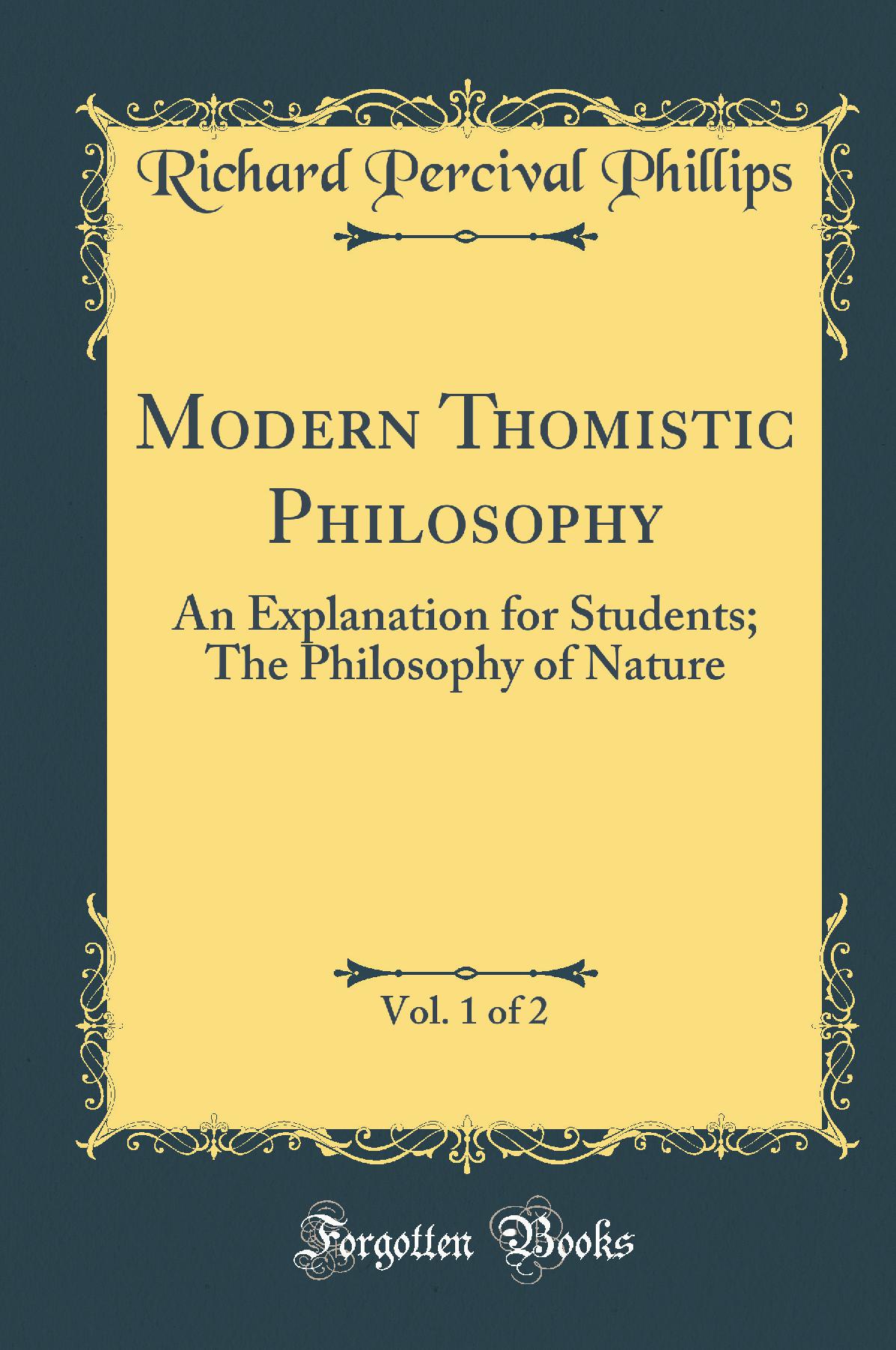Description
The purpose of this book is to present a simple explanation of the philosophy usually taught to Catholic students. No attempt has been made to introduce novel doctrines, but merely, to set out, as clearly as possible, the meaning of those which are commonly received. Since such teaching at the present day is predominantly on the lines of the system originated by S. Thomas Aquinas, it is this system, as developed by modern Thomists, which it is the object of this book to explain. It is clear that in a single work it would be impossible to give a full account, and absurd to try to vindicate the truth, of the various philosophical systems which are included under the generic name of Scholasticism so that no systematic exposition is attempted of even the chief of the non-thomistic systems, those of ''scotus and Suarez. The divergencies of their doctrines from those of S. Thomas frequently throw light on the precise meaning of the Thomist contentions so that to make some mention of them is not foreign to our purpose. Similar considerations will apply to our treatment of those other philosophical systems which diverge still more widely from the Thomistic plan, such as those of Spinoza or of Hegel. It appears to be as unreasonable to expect, in an exposition of Thomism, a full account and refutation of Hegelianism, for example, as it would be to look for such an account of Thomism in Hegel''s Logic. Consequently, all that seems necessary to be done in this direction is to notice the principal divergencies of modern philosophies from the Thomistic, so bringing into higher relief its positive teaching and, as far as space allows, to meet the more urgent of the reasons that have been advanced against its truth.
About the Publisher
Forgotten Books publishes hundreds of thousands of rare and classic books. Find more at www.forgottenbooks.com
This book is a reproduction of an important historical work. Forgotten Books uses state-of-the-art technology to digitally reconstruct the work, preserving the original format whilst repairing imperfections present in the aged copy. In rare cases, an imperfection in the original, such as a blemish or missing page, may be replicated in our edition. We do, however, repair the vast majority of imperfections successfully; any imperfections that remain are intentionally left to preserve the state of such historical works.
Details
Publisher - Forgotten Books
Language - English
Hardback
Contributors
Author
Richard Percival Phillips
Published Date -
ISBN - 9780364035528
Dimensions - 22.9 x 15.2 x 1.9 cm
Page Count - 360
Paperback
Contributors
Author
Richard Percival Phillips
Published Date -
ISBN - 9780282567293
Dimensions - 22.9 x 15.2 x 1.9 cm
Page Count - 362
Payment & Security
Your payment information is processed securely. We do not store credit card details nor have access to your credit card information.

